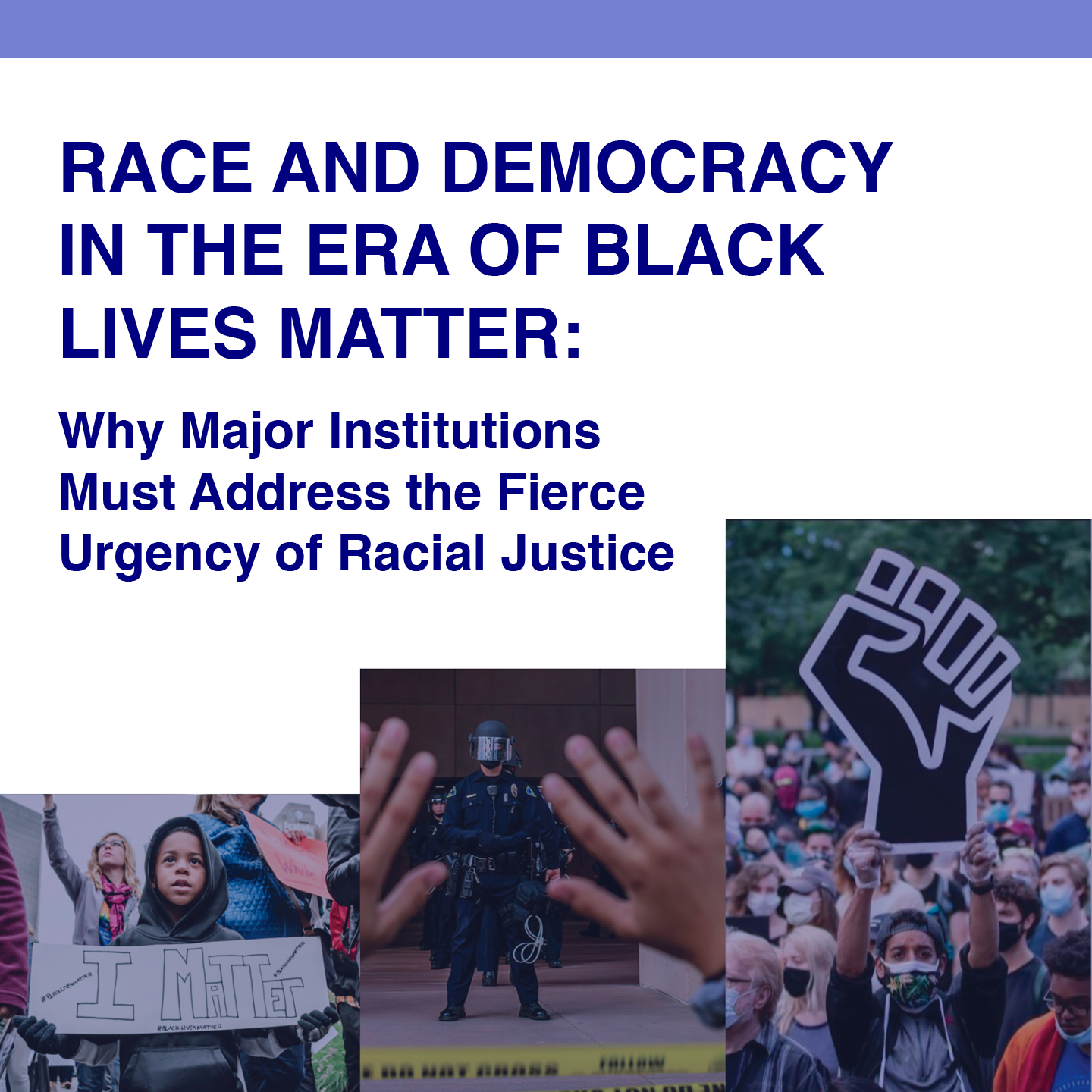Presented in partnership with the NAACP Providence Branch in honor of Black History Month, this lecture explores the responsibilities major institutions have in addressing pressing racial inequalities on their campuses and in the wider world. The event will feature welcoming remarks by Brown University President Christina H. Paxson and a keynote speech by award-winning journalist Bankole Thompson, followed by a discussion with CSREA Director Tricia Rose.
ABOUT THE SPEAKER
Bankole Thompson Bankole Thompson is the editor-in-chief and dean of The PuLSE Institute, a national anti-poverty think tank, headquartered in Detroit, the nation’s largest African American city. He is an opinion columnist at The Detroit News, where he writes a twice-a-week column on presidential politics, culture, diversity, leadership, equity and socioeconomic issues.
A sought-after speaker, Thompson has appeared before many and diverse leading organizations as keynote speaker including the 2011 Providence Branch NAACP Freedom Fund Dinner. He delivered the keynote address at the 2020 Slavery to Freedom: An American Odyssey Lecture Series at Michigan State University, whose previous speakers include Harry Belafonte and John Lewis.
Among those who have praised his work include civil rights leaders Dr. Bernard Lafayette, National Coordinator of the 1968 Poor People’s Campaign and chairman of the board of the Southern Christian Leadership Conference; and Rev. Jesse Jackson Sr., president and founder of the Rainbow PUSH Coalition, who honored him with the 2018 “Let Freedom Ring Journalism Award,” to mark the 50th anniversary of Dr. Martin Luther King Jr.’s death.
ABOUT THE HOST
Jim Vincent has spent his entire career working in housing, community development and civil rights. Vincent is currently serving in his sixth term as president of the NAACP Providence branch, and also serves as president of the East Bay Community Action Program. He is a former president of the Urban League of Rhode Island, the Center for Hispanic Policy and Advocacy, and the Rhode Island Affirmative Action Professionals.
Since 2002, Jim has been the producer and host of television’s Jim Vincent Show. He has received a “Special Recognition” for Best Series Rhode Island COX PEG Television Awards (2006) and two Metcalf Diversity Awards for television broadcast (2006, 2017). He is a member of the Southern New England Association of Black Journalists (SNEABJ). A Boston native and a Cranston resident, Jim holds a Bachelor’s degree from Dartmouth College, a Master of City Planning from the University of Pennsylvania, and is a graduate of Leadership Rhode Island (LRI).
ABOUT THE MODERATOR
Born and raised in Harlem and the Bronx in New York City, Tricia Rose graduated from Yale University where she received a BA in Sociology and then received her Ph.D. from Brown University in American Studies. She has taught at NYU, and UC Santa Cruz and is currently Chancellor’s Professor of Africana Studies and the Director of the Center for the Study of Race and Ethnicity in America at Brown University. Rose also serves as Associate Dean of the Faculty for Special Initiatives. In addition to her duties at Brown, Professor Rose is a former board member of the Nathan Cummings Foundation, Color of Change and Black Girls Rock, Inc.
Rose is an internationally respected scholar of post-civil rights era black U.S. culture, popular music, social issues, gender and sexuality. She has been awarded for her teaching and has received several scholarly fellowships including ones from the Ford Foundation, the Rockefeller Foundation, the Schomburg Center for Research in Black Culture and the American Association of University Women.
She is most well known for her groundbreaking book on the emergence of hip hop culture. Black Noise: Rap Music and Black Culture in Contemporary America is considered foundational text for the study of hip hop, one that has defined what is now an entire field of study. Black Noise won an American Book Award from the Before Columbus Foundation in 1995, was voted among the top 25 books of 1995 by the Village Voice and in 1999 was listed by Black Issues in Higher Education as one of its "Top Books of the Twentieth Century."

